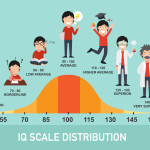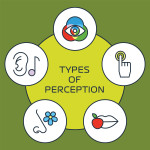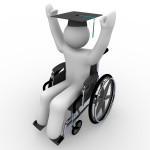Instructors from Christine Valmy International School, NJ, say:
“This workshop was an eye-opener for some issues in the
classroom that you don’t really have an explanation for.
It was very motivating and informative.”
~Claritza Asencio
“This workshop was incredibly helpful.
It gave me a new perspective on teaching.
Victoria also set an example on how to manage a
classroom and students with a new
understanding of learning.”
~Samantha Okunak
“This workshop provided a lot of helpful information
that I am able to apply in my teaching and lesson plans.”
~Elayne Perez
“It was very helpful to gain ideas
on how to address different learners.”
~Maria Cobo
Faculty Development Workshop Purpose and Focus
- To develop the expertise (knowledge, skills, and dispositions) needed to effectively teach students with learning disabilities and disorders, and students from multi-cultural backgrounds
- To develop a confidence level about teaching students with learning disabilities/disorders and from a diverse cultural background
- To develop an awareness of one’s own perspective of teaching students with diverse abilities and backgrounds
- To enhance the teaching-learning process through words, principles, strategies, theories, and quotations
Adhering to specific teaching-learning principles and following highly effective teaching strategies can improve learning for every student in class.
6 Top Learning Objectives
By the end of successfully completing this workshop, participants should be able to demonstrate their understanding and classroom application of:
1. Universal Design for Learning (UDL)
3. Howard Gardner’s Multiple Intelligence (MI) Theory
which includes the 8 different intelligences below
(graphic by Mark R. Kaser)
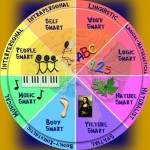 Verbal-Linguistic Intelligence: Word Smart
Verbal-Linguistic Intelligence: Word Smart
Logical-Mathematical Intelligence: Number Smart
Visual-Spatial Intelligence: Picture Smart
Bodily-Kinesthetic Intelligence: Physical Smart
Musical-Rhythmical Intelligence: Music Smart
Interpersonal Intelligence: People Smart
Intrapersonal Intelligence: Self Smart
Naturalistic Intelligence: Nature Smart
4. Teaching students with learning disabilities such as:
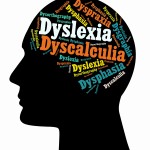 Dyslexia: Difficulty with understanding words
Dyslexia: Difficulty with understanding words
Dysgraphia: Difficulty with writing
Dyscalculia: Difficulty with mathematics
Dyspraxia: Difficulty with speech
5. Teaching students with learning disorders such as:
Attention Deficit Hyperactivity Disorder: Difficulty with paying attention
Executive Function Disorder: Difficulty with planning, organizing, managing time and space
6. Culturally Responsive Teaching
Guiding Principles of Teaching and Learning
Strategies for Effective Teaching and Learning
Cultural Body Language Taboos for Head to Toe
American Idioms
Faculty Development Workshop Manual Includes
Definitions, Explanations, Examples and Quotations For:
- Universal Design for Learning (UDL)
- Multi-Sensory Learning
- Multiple Human Intelligences
- Learning Disabilities
- Learning Disorders
- Culturally Responsive Teaching
Principles and Strategies For:
- Communicating with and teaching students who have learning disabilities and disorders
- Building a community of learners
- Building vocabulary and clarifying American idioms
- Teaching : visual learners, auditory learners, and kinesthetic learners
- Teaching people who are: word smart, number smart, picture smart, physical smart, music smart, people smart, self-smart, and/or nature smart
- Teaching culturally diverse students
Instructors from Christine Valmy International School, NJ, say:
“This manual can be used as a reference
for various problems.”
~Victor Lupinacci
“This manual is great!
It helps to keep us on task.”
~ Nora Cannizzo
“This manual I love. It’s so useful,
especially when problems arise…”
~Claritza Asencio
“This manual is helpful to go to
when in need of ideas.” ~Maria Cobo
Manuals may be purchased independent of this workshop.
This faculty development workshop is available to serve as
Professional Development Hours.
Each participant, who successfully completes this
faculty development workshop,
will be awarded a “Certificate of Completion”.
Click to Contact Dr. Nesnick
or
E-mail: Victoria@VictoriaNesnick.com
or
Phone: (631) 889-2178
